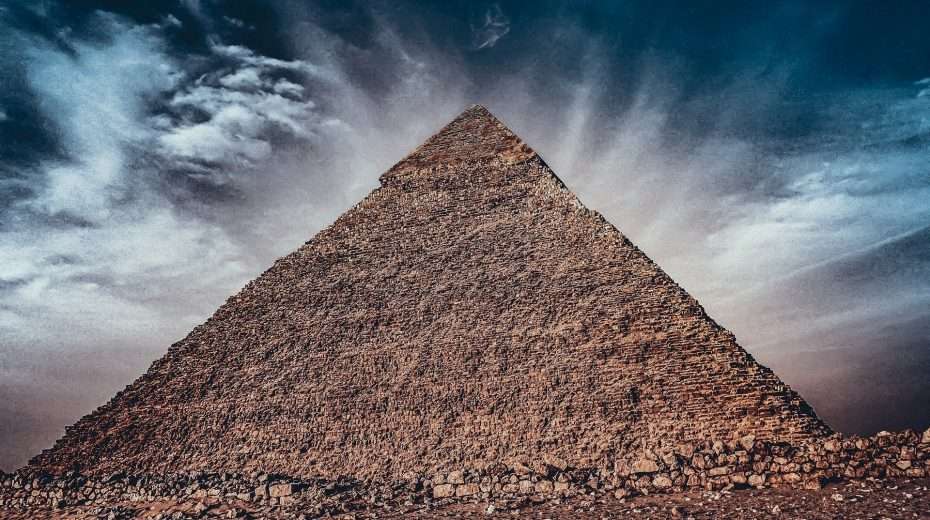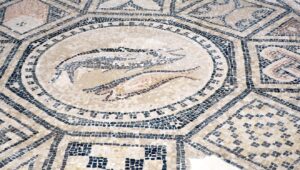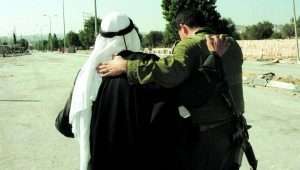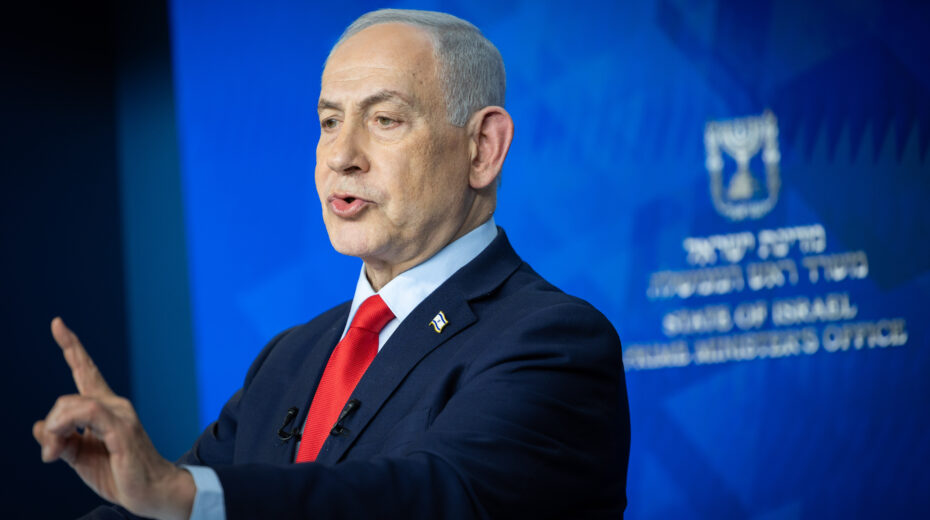The Book of Exodus is heard in synagogues around the world in the wintertime as part of the yearly Torah reading cycle. It focuses on Israel’s redemption and departure from Egypt and on Moses as a leader.
Let’s look at some problematic human interactions in the Book of Exodus through the analyzing lens of the “Drama Triangle” – a concept that comes from the modern realm of personal coaching and contains three roles: victim, persecutor and rescuer. In this psychological framework, the unhealthy roles in the triangle can sometimes flip flop among the participants. In fact, no role is considered the “good role” in the triangle not even the role of rescuer. What is important for us to understand here, is that as long as the three roles are functioning, the drama is in full swing.
In the story before us:
- Pharaoh is the chief persecutor of the Children of Israel.
- The Children of Israel are the victims.
- And Moses functions as rescuer.
All the roles are being “played” and the drama is in full swing. As long as the drama triangle is in full swing, it means that the players are in need of instilling healthy confidence/faith in themselves and others.
Moses comes to the people and offers them freedom. “And Moses spoke thus to the Children of Israel; And they did not hear Moses due to anguish of spirit, and harsh labor.” (Exodus 6:9)
The Children of Israel are being crushed under harsh labor, under beatings and under the pain of the whip. They can barely breathe. How can they feel connected with future promises of freedom? Changing their reality requires of them powers that they do not currently possess.
The impatience of the people causes Moses to lose faith that he will be able to set them free. Moses says to God, “Behold, the children of Israel have not listened to me; and how then shall Pharaoh listen to me…” (Exodus 6:12) And he repeats this twice. Moses’ faith will grow gradually, not all at once. And when he comes to Pharaoh demanding “Let my people go!” – we already see an increase.
Then the plagues begin (in Hebrew makot – “blows”), kind of like a power game between the parties.
What happens to Pharaoh? His heart is hardened, and he vehemently refuses to release the Children of Israel. His ego and heart are offended. He acts out of that place of offense, and where there is a swollen ego and a heart that will not listen, suffering and loss will follow.
As the plagues increase in intensity, Pharaoh’s heart is still hard. The condition of the people of Israel becomes more bleak. And Moses the rescuer feels more responsible and more frustrated. The dramatic triangle continues to throb.
Each plague is aimed at convincing the heart of the Israelite slaves that there is redemption, that there is a Redeemer.
Each plague that strikes Pharaoh is aimed at convincing him who is the real King of Kings.
And each plague is aimed at increasing Moses’ faith.
So many plagues, so much suffering, so many miraculous powers. And yet no one seems to yet be convinced. Not Pharaoh, not the Children of Israel and not even Moses. In fact, everyone needs a lesson in faith. Only when one of the “players” in the triangle gains healthy confidence and faith, will the Children of Israel be able to leave Egypt. For something to change at least one of the “players” will need to break the cycle and then the drama will end.
Modern day personal application: Even today if we look at the difficulties we endure as individuals and groups, we will see similar dynamics.
- How much suffering do have to go through before we realize we can do things differently?
- How much pain do we need to feel before we say “enough”?
- What difficulty do we have to face in order to agree to be reborn as free people?
Reading this story should inspire each of us to examine the unhealthy “dramas” that can take place in our own lives – to discern that when we experience such a trial, the three roles exist. And take note that sometimes within ourselves we can even be our own persecutor, victim or rescuer.
In order to get out of such an unhealthy drama, all it takes is for one of the three roles to exit the story. How much pain and how much suffering do we need to undergo before something in our heart changes?
“But Pharaoh’s heart was hardened, and he did not send the Children of Israel, as the LORD said to Moses.” (Exodus 9:12)
Pharaoh is still waiting for the “disturbances” to pass, hoping for his reality to return to what it was. The people of Israel in Egypt still do not hear, and are not yet ready to go free. And Moses must continue to grow in faith in the mission. Fortunately, Moses will yet become a worthy leader imbued with faith. And all of Exodus and also the books that follow it, will talk a lot about the greatness of faith.
And what happens when faith wavers? Throughout the time spent in the desert there will be plenty more “drama.” And if you like, you can couch each drama within the triangle and see how all the roles play out, and see that the drama only concludes when at least one party ceases to play its “scripted” role.














